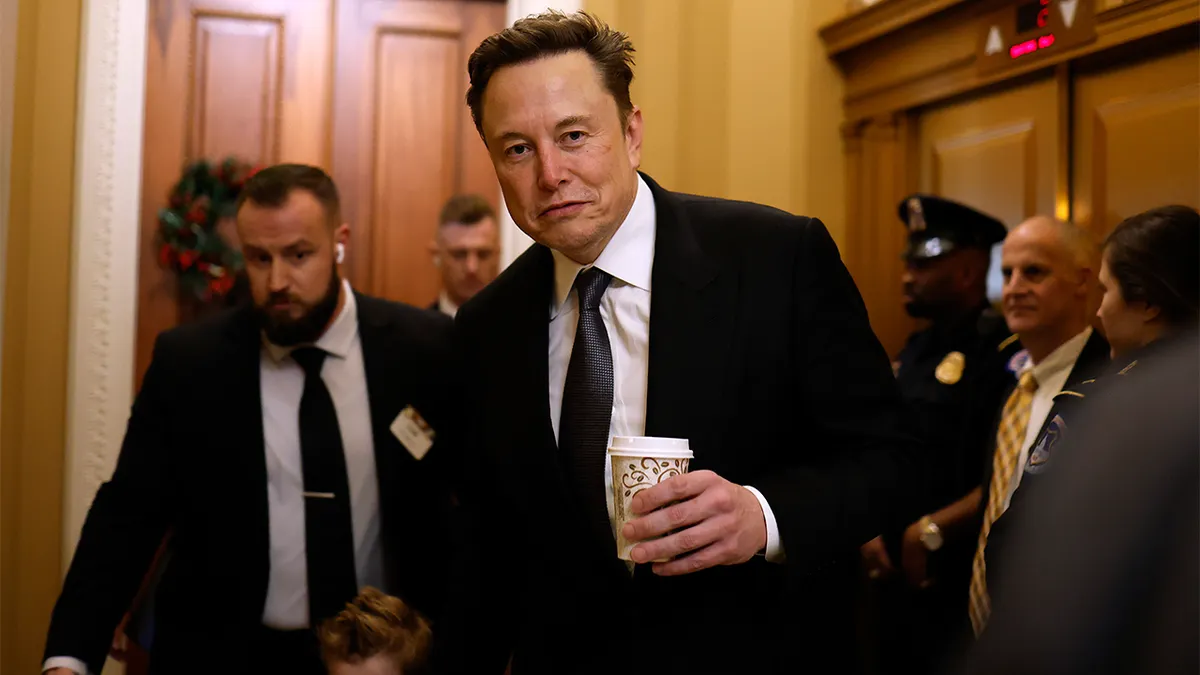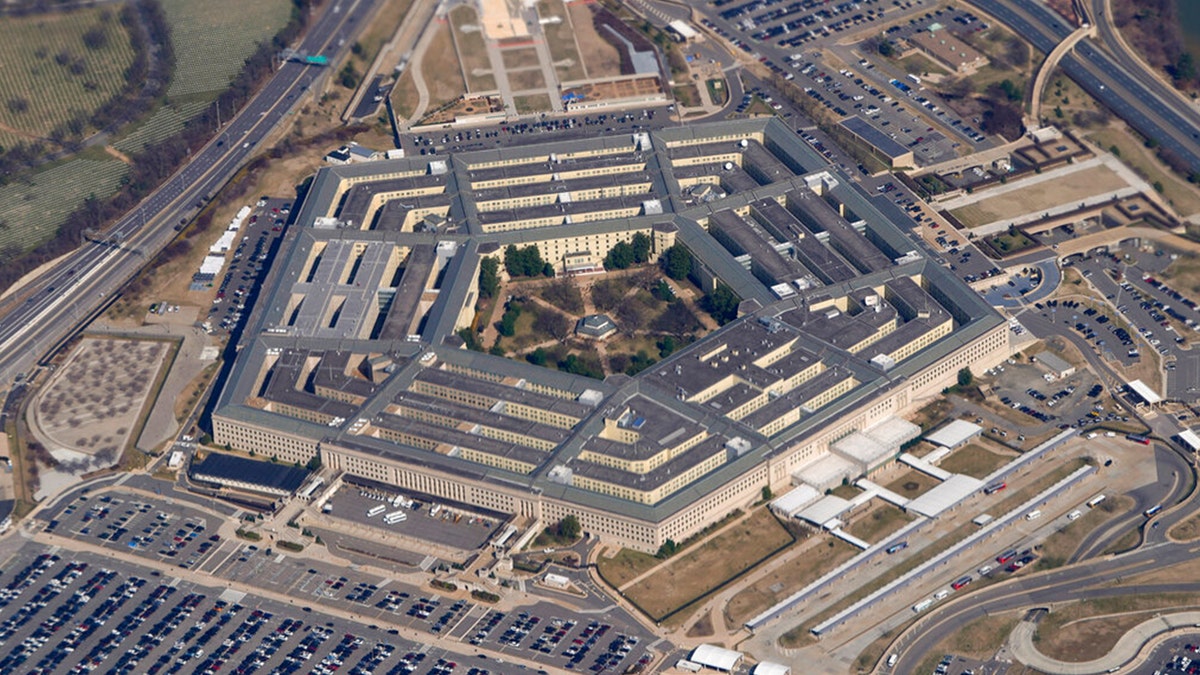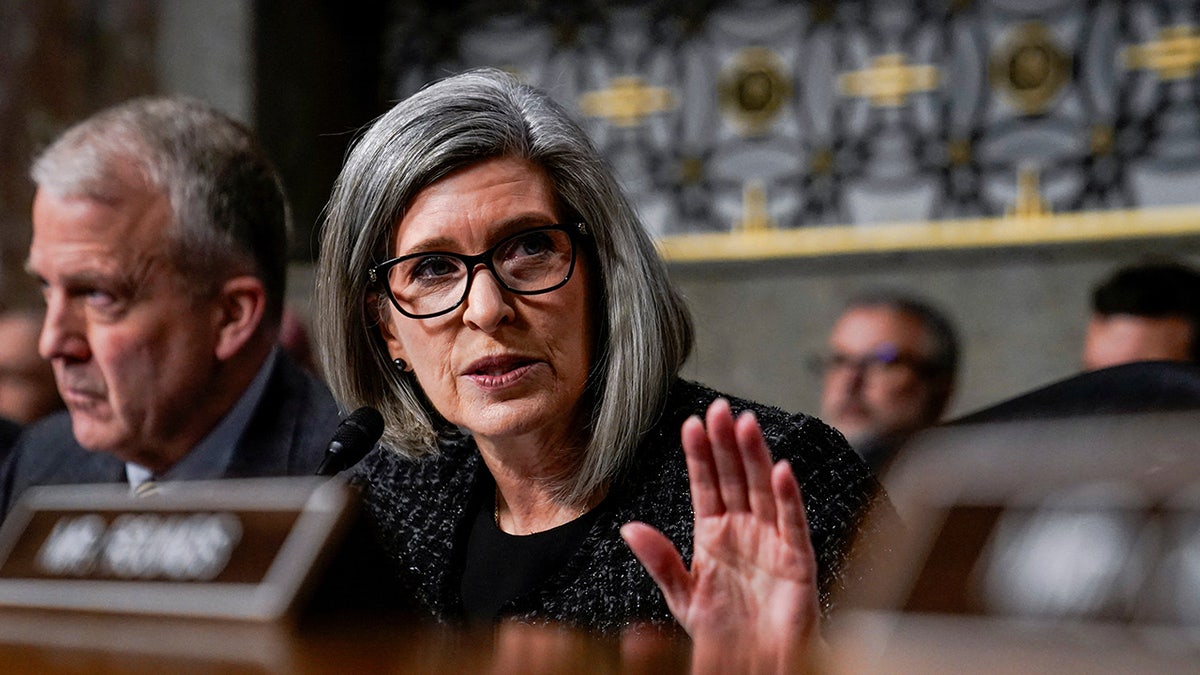Former President Donald Trump's cost-cutting initiative, spearheaded by Elon Musk's Department of Government Efficiency (DOGE), has set its sights on the Pentagon's substantial $850 billion budget. Following a series of failed audits, the department is under scrutiny for potential waste and inefficiency.
Trump, in a recent interview, expressed confidence in uncovering significant financial mismanagement. However, the path to trimming the defense budget, meticulously allocated by Congress, may lead to friction between Republicans and Musk's drastic approach.

One key area of focus is the Pentagon's reliance on contractors. While Musk's team leans towards reducing federal employees, critics argue that outsourcing core functions to profit-driven corporations often escalates costs. Experts, like Julia Gledhill of the Stimson Center, suggest strengthening internal government capabilities instead of relying on expensive external contracts.

A 2015 Defense Business Board report revealed potential savings of $125 billion over five years by renegotiating contracts and streamlining bureaucracy. However, these recommendations were reportedly shelved due to concerns about budget cuts. Past audits have uncovered instances of exorbitant overspending on simple items, like soap dispensers and coffee cups, further highlighting the need for stricter oversight.
Musk has also targeted the F-35 fighter jet program, citing cost overruns and questioning its relevance in the age of drones. A joint report by several organizations suggested retiring the F-35 and the Sentinel ICBM program could save billions annually. However, these proposals face significant congressional resistance due to job implications and strategic considerations.

Base realignment and closure, a strategy successfully employed in the past, could yield further savings. Experts suggest consolidating overseas bases and reevaluating force posture, potentially including a withdrawal from Syria.

The Pentagon's research budget is also under examination. Concerns have been raised regarding the allocation of funds to researchers with ties to China and organizations involved in controversial research. Finally, the "use-it-or-lose-it" spending culture within the DOD, exemplified by extravagant purchases at the end of the fiscal year, requires immediate attention.

These cost-cutting measures are likely to face significant political hurdles. Congress has traditionally been reluctant to reduce defense spending, and various vested interests will likely oppose these changes. The success of DOGE's initiative hinges on navigating these political complexities and effectively implementing reforms.
Comments(0)
Top Comments